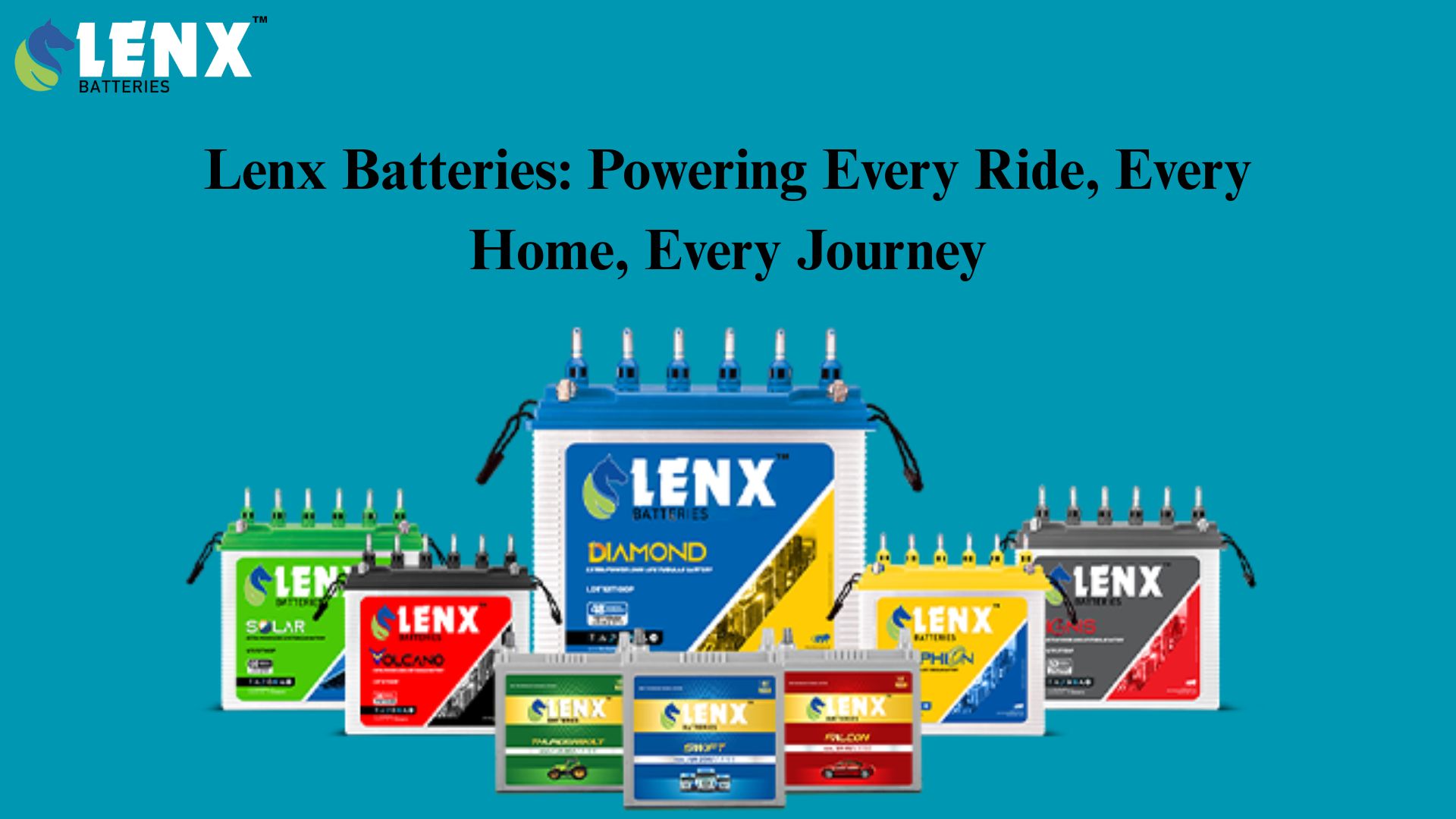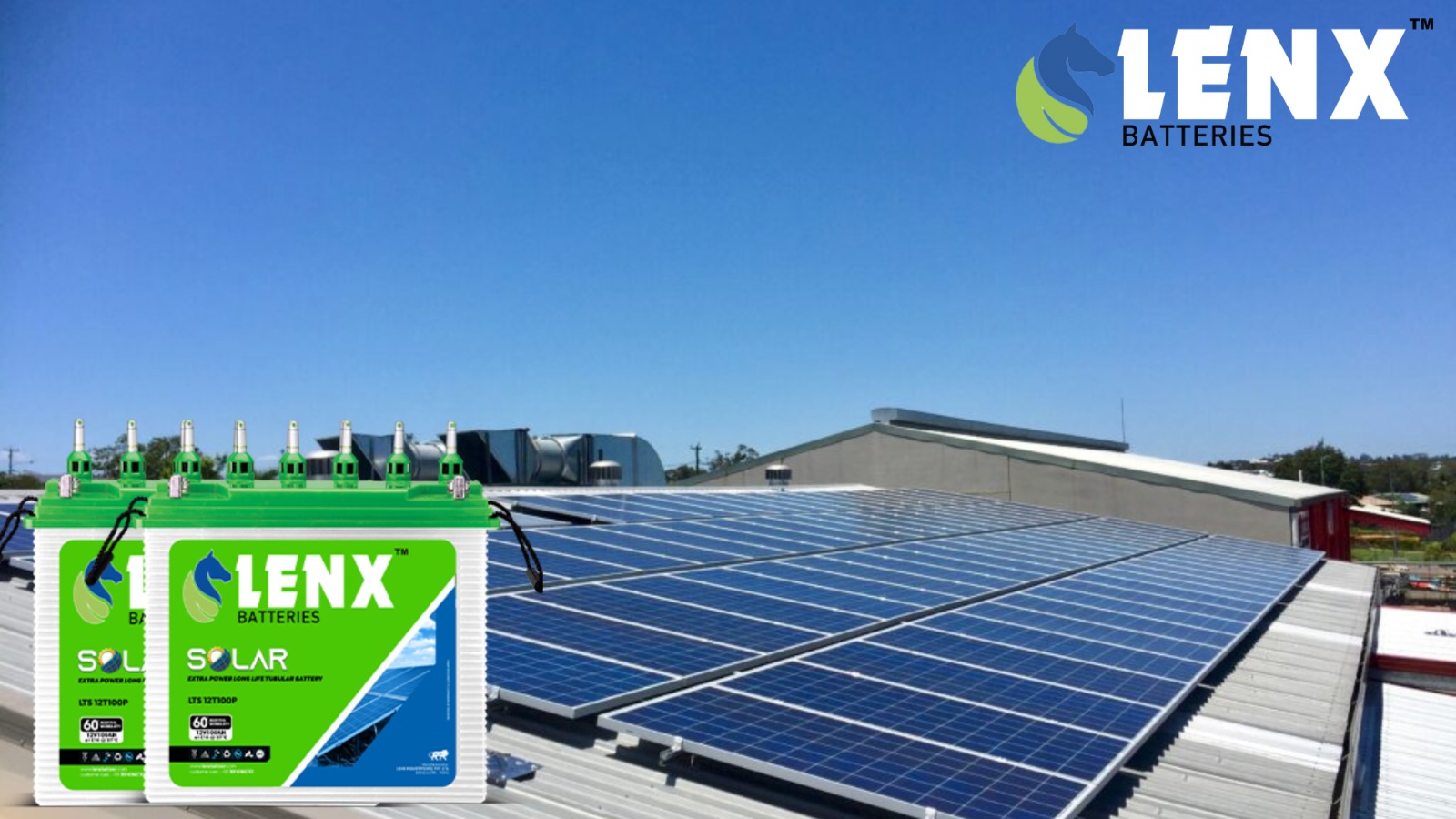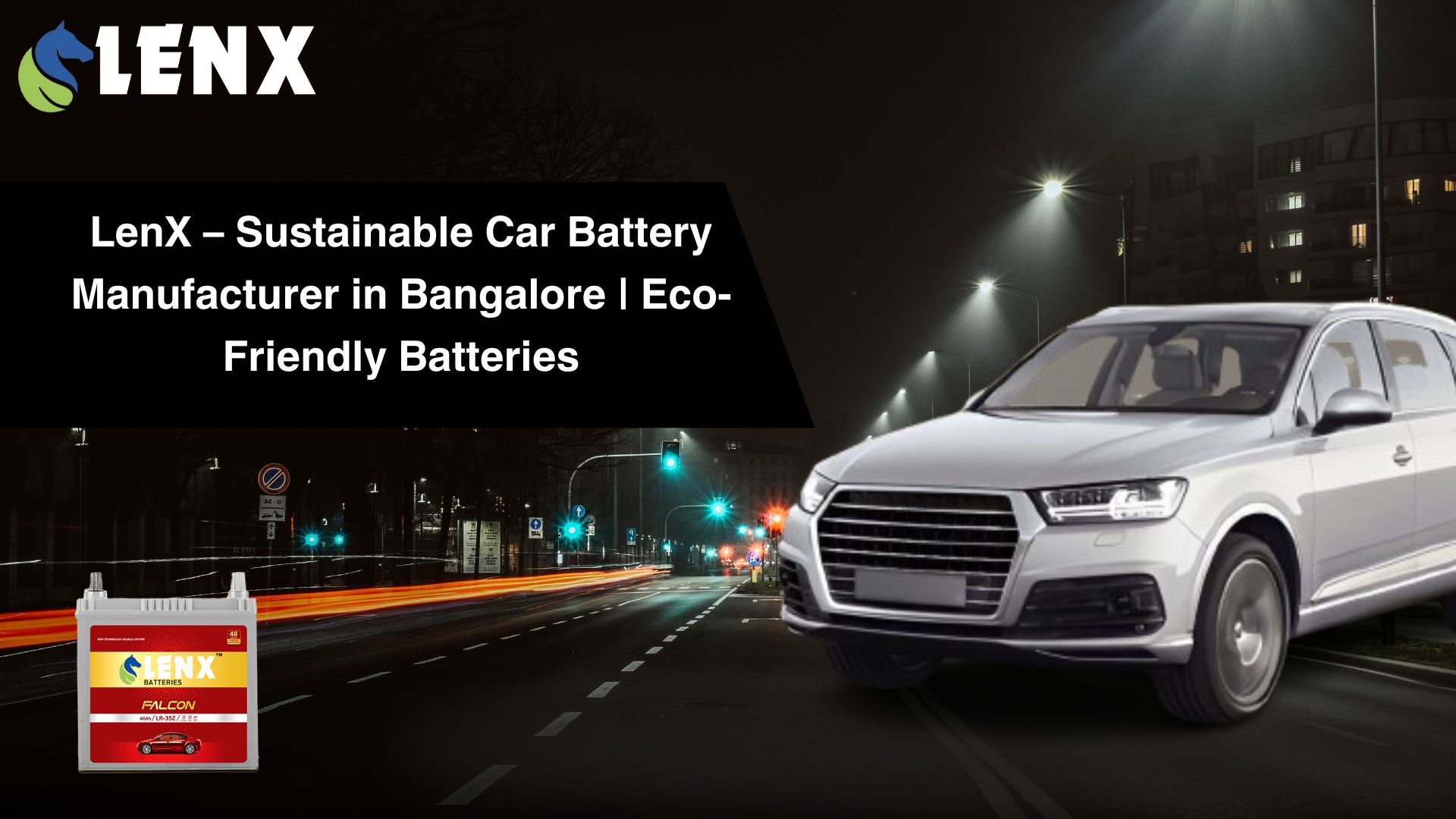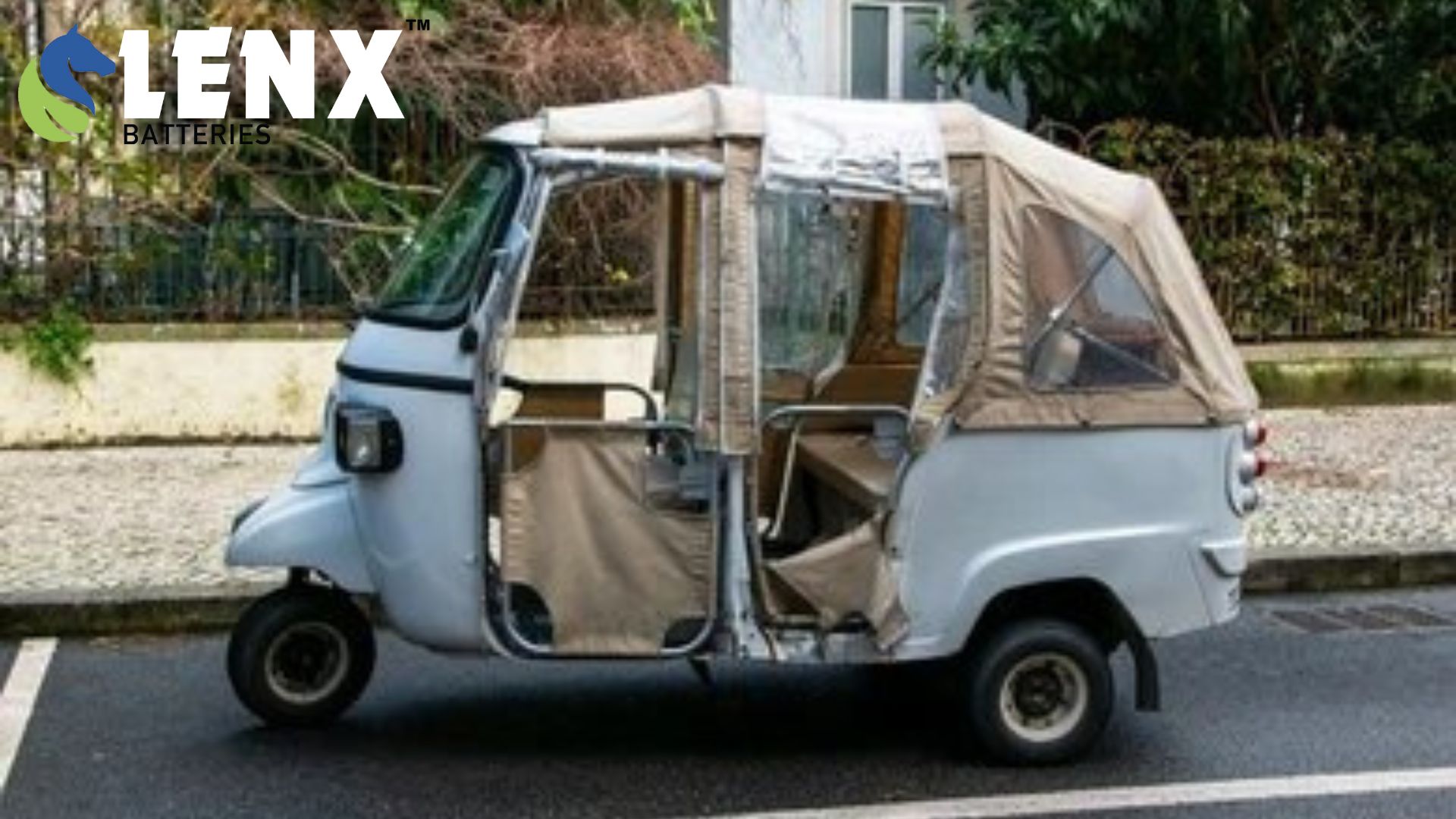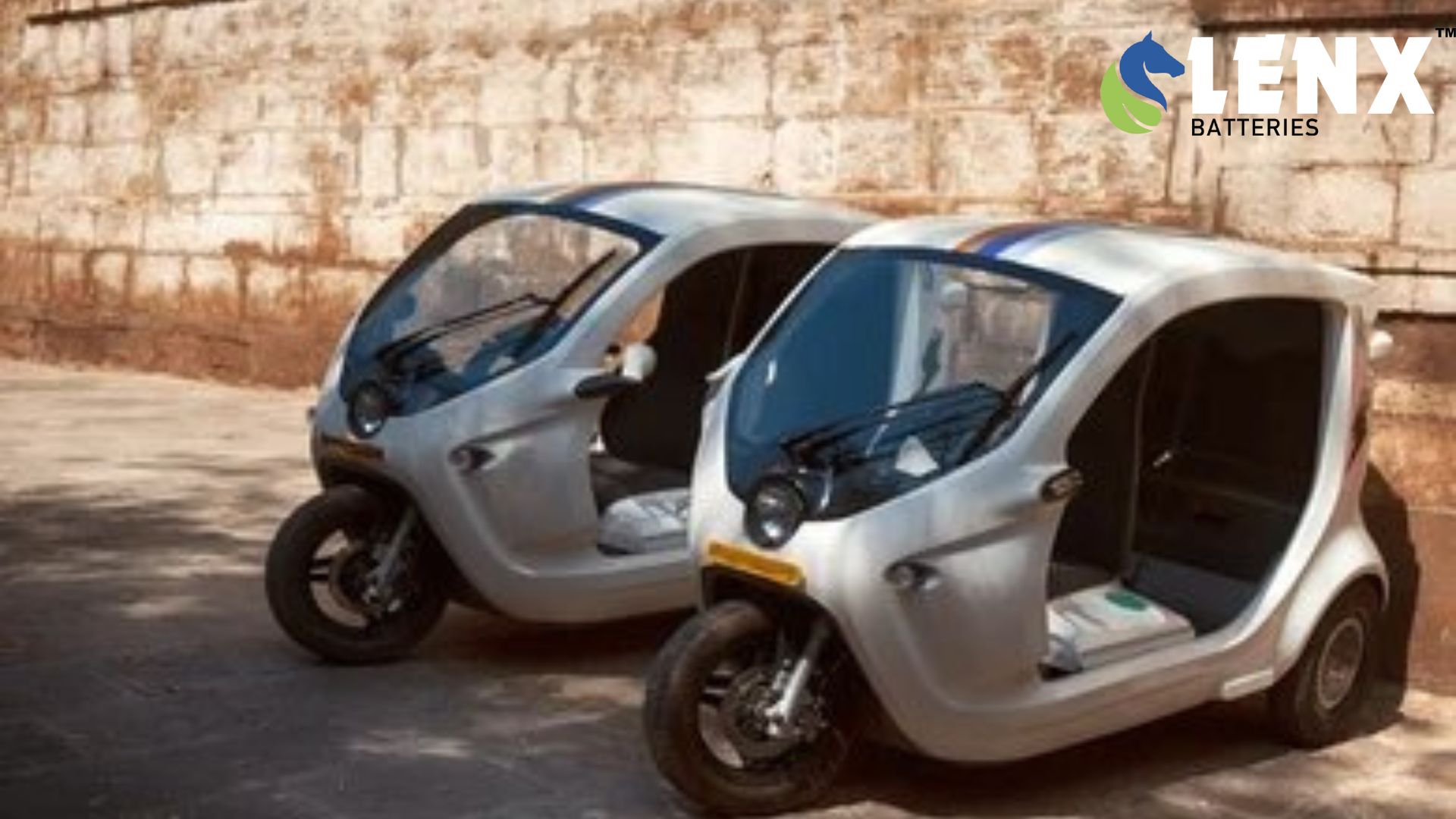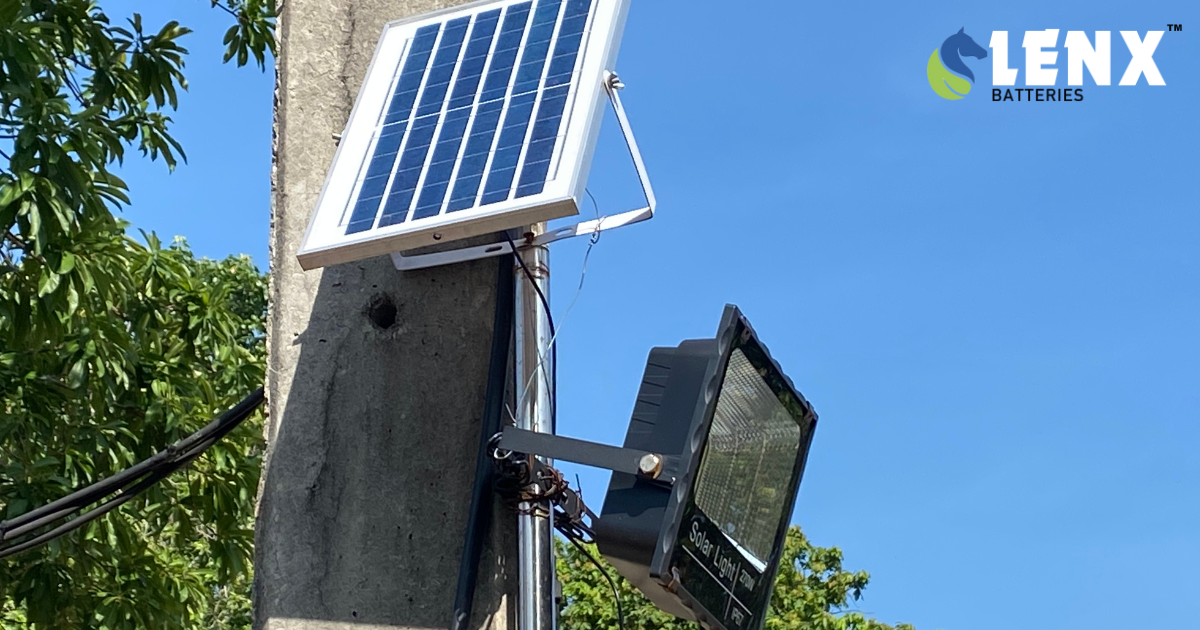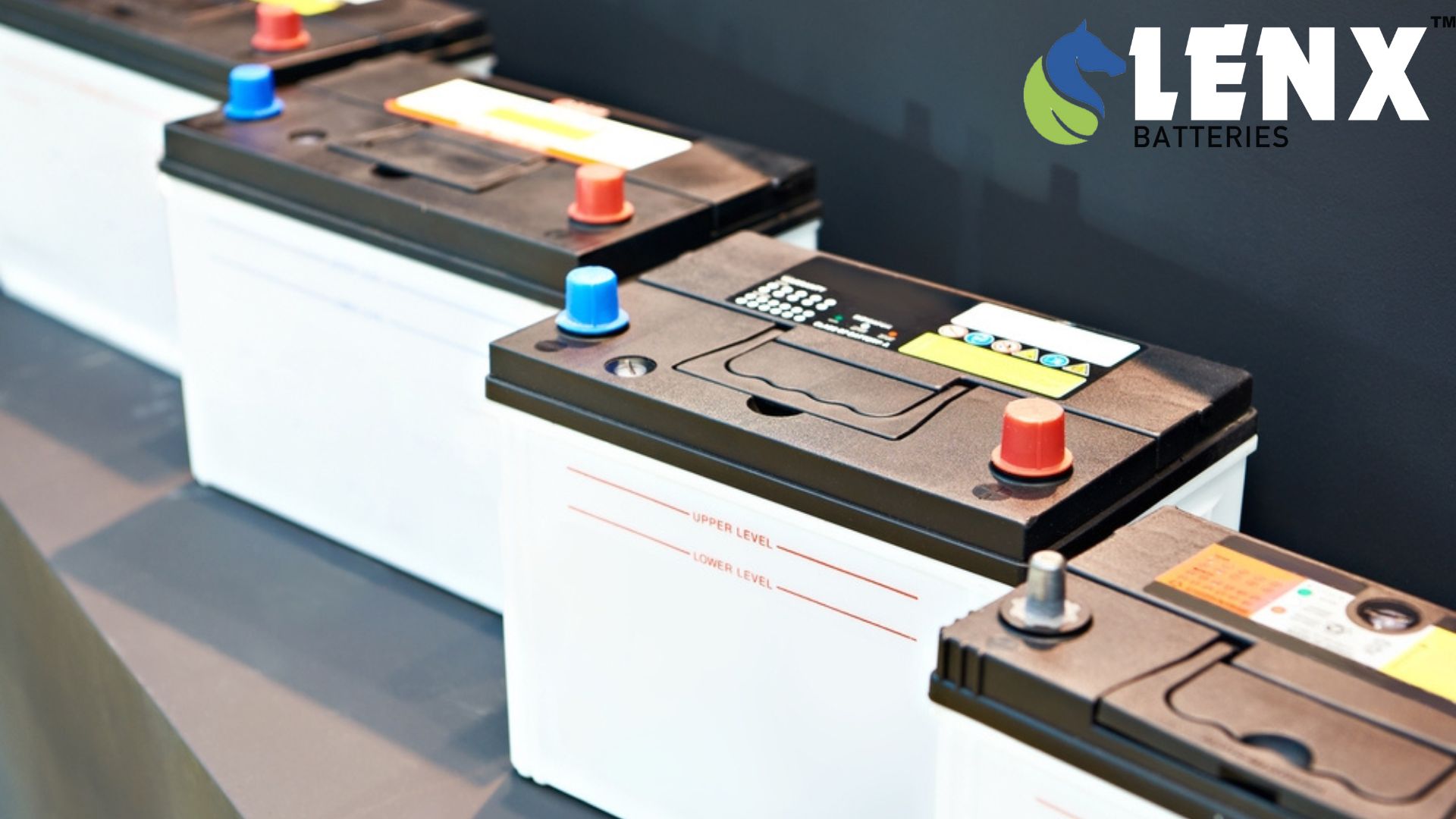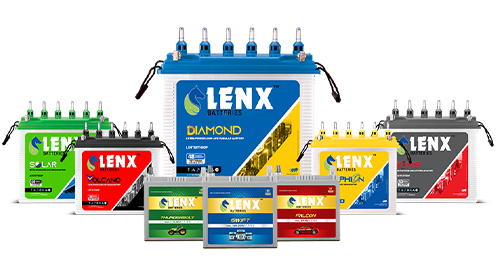In today’s fast-paced world, power isn’t a luxury—it’s a necessity. Whether you’re navigating city roads in an E-rickshaw, keeping your appliances running during power cuts, or starting your vehicle on a cold morning, reliable batteries make all the difference. That’s where Lenx steps in—your trusted source for high-performance lead acid batteries across inverter, automotive, and E-rickshaw applications.
As a prominent Lead Acid battery manufacturer in Bangalore, Lenx is driven by innovation, durability, and performance. Our product lineup is engineered to deliver consistent power, longer life cycles, and minimal maintenance—exactly what today’s power-hungry world demands.
Inverter Batteries: Stay On, Always
Frequent power cuts? No problem. Lenx inverter batteries are designed to handle long outages with ease. Built with robust tall tubular technology, these batteries provide higher backup, deep cycle capability, and fast charging features. They’re ideal for homes, offices, and small commercial setups where uninterrupted power is essential. With strong grid structure and enhanced plate formulation, Lenx inverter batteries are crafted for durability and extended life.
Automotive Batteries: Reliable Starts Every Time
Your vehicle deserves the best, and Lenx automotive batteries are up to the task. Be it a car, tractor, or commercial vehicle, our batteries deliver high cold-cranking amps (CCA) for reliable ignition—no matter the weather. Designed to withstand extreme temperatures and vibrations, Lenx automotive batteries promise hassle-free performance, low self-discharge, and long shelf life. They’re built for Indian roads and the challenges that come with them.
E-rickshaw Batteries: Powering the Green Revolution
Lenx understands the E-rickshaw segment like no other. Our E-rickshaw batteries are rugged, deep-cycle champions built for heavy-duty usage and frequent charging. They offer longer rides, better torque, and low maintenance, ensuring rickshaw drivers can count on them for daily earnings. With rapid recharge and strong tubular construction, these batteries are designed to last—and go the distance.
As a trusted Lead Acid battery manufacturer in Bangalore, Lenx takes pride in creating solutions that don’t just power vehicles but empower livelihoods.
Why Choose Lenx?
Cutting-edge manufacturing with quality-tested materials
Advanced lead acid technology for all use cases
Expert support and responsive after-sales service
BIS and ISO-compliant processes
Eco-friendly and recyclable designs
With state-of-the-art facilities and a growing dealer network, Lenx is becoming the go-to Lead Acid battery manufacturer in Bangalore for customers who value power, consistency, and peace of mind.
Conclusion
From your home inverter to your daily commute, from private cars to public transport—Lenx powers it all. We don’t just make batteries; we build trust that runs longer, rides stronger, and backs up better.
Choose Lenx. Because when it comes to power, we don’t just deliver—we dominate.
